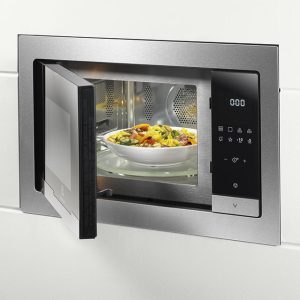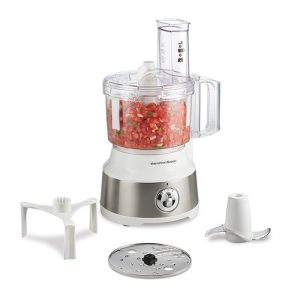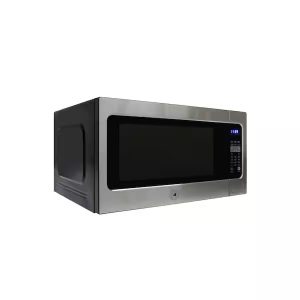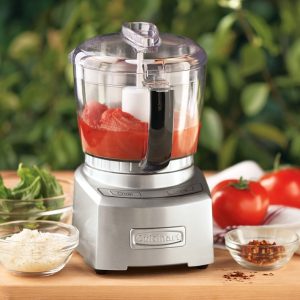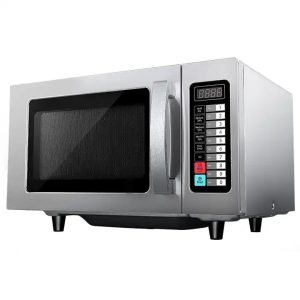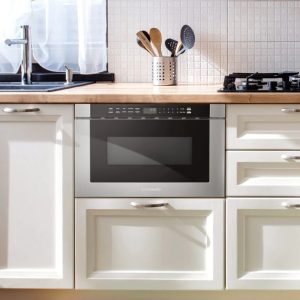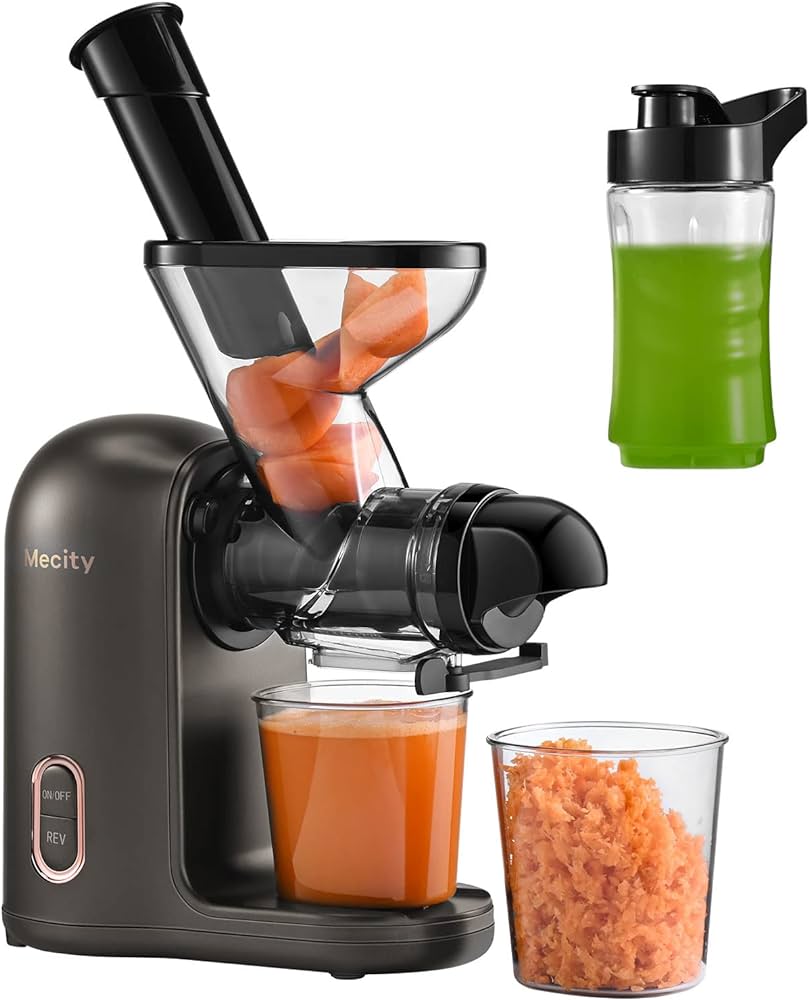
Introduction:
Choosing the right juicer can significantly impact your juicing experience and the quality of the juice you produce. Cold press and masticating juicers are among the most popular options for health enthusiasts due to their efficient extraction methods and nutrient-preserving capabilities. This comprehensive guide will help you understand the differences between cold press and masticating juicers, including their benefits, drawbacks, and factors to consider when making a selection.

Cold Press vs. Masticating Juicer:
What Are the Differences and Which One Should You Choose?
Understanding the Basics:
What Are Cold Press and Masticating Juicers?
Before diving into the differences and benefits, it’s essential to understand how cold press and masticating juicers operate.
Cold Press Juicers:
Operation Mechanism: Cold press juicers, also known as slow juicers, use a hydraulic press to extract juice from fruits and vegetables. The juicing process involves two steps: crushing the produce and then pressing it to separate the juice from the pulp.
Temperature Control: As the name suggests, cold press juicers operate at low temperatures, reducing heat buildup and oxidation during the juicing process. This helps preserve the nutritional integrity of the juice.
Versatility: Cold press juicers are highly versatile and can handle various types of produce, including leafy greens, hard vegetables, and fruits. They also often come with attachments for making nut milk, sorbets, and other healthy treats.
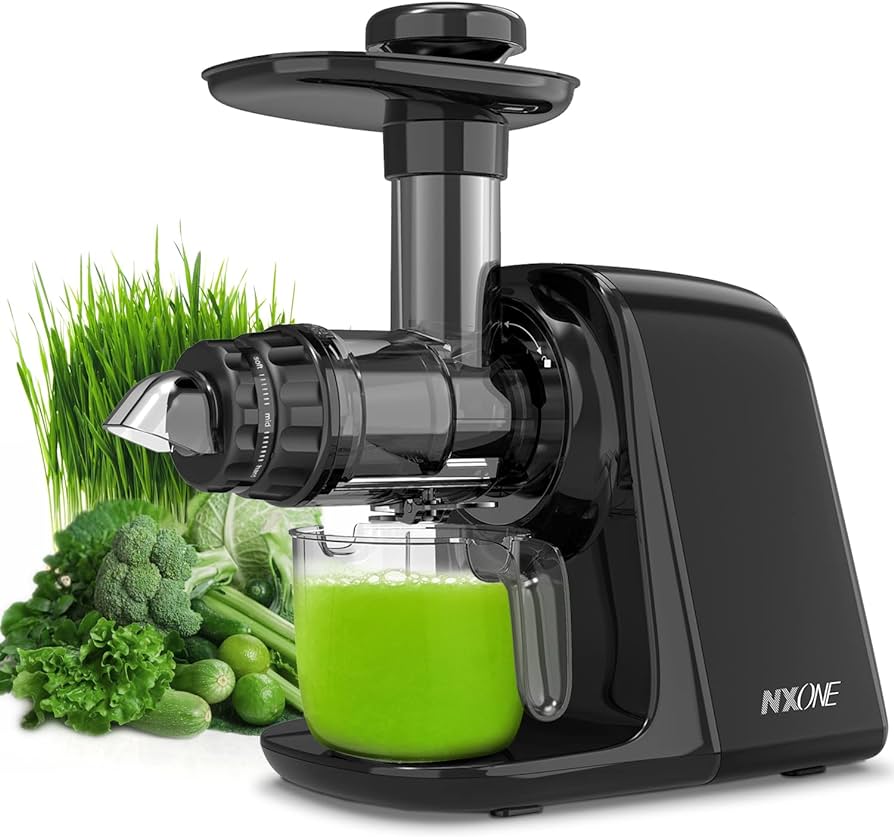
Masticating Juicers:
Operation Mechanism: Masticating juicers are also referred to as single-gear or single-auger juicers. They work by chewing (masticating) fruits and vegetables to break down cell walls, then pressing them to extract juice. The auger slowly crushes the produce against a screen, separating the juice from the pulp.
Speed and Efficiency: Masticating juicers operate at a slower speed compared to centrifugal juicers, which helps minimize heat and oxidation. They are efficient at extracting juice, leaving behind dry pulp.
Versatility: Masticating juicers are also versatile and can process a wide range of produce, from soft fruits to tough leafy greens. Many models come with additional functions, such as making baby food, pasta, and nut butter.
Juice Quality:
How Does Each Type Affect Juice Quality and Nutritional Value?
The quality of juice is a crucial factor when choosing a juicer, as it affects both taste and health benefits.
Cold Press Juicers:
Nutrient Preservation: Cold press juicers excel at preserving nutrients due to their low-speed operation. The minimal heat production and oxidation ensure that vitamins, enzymes, and antioxidants remain intact.
Juice Shelf Life: Juice produced by cold press juicers tends to have a longer shelf life, often up to 72 hours when refrigerated. The reduced oxidation prevents quick spoilage.
Flavor and Texture: Cold press juicers produce smooth, vibrant juice with a rich flavor. The slow extraction ensures a high concentration of natural taste and aroma.
Masticating Juicers:
Nutrient Retention: Masticating juicers are also effective at preserving nutrients. The slow, steady process minimizes oxidation and heat buildup, maintaining the juice’s nutritional value.
Juice Yield: Masticating juicers often produce a higher juice yield compared to centrifugal juicers. The thorough extraction process leaves minimal waste, ensuring more juice from less produce.
Consistency and Taste: The juice from masticating juicers is smooth and well-mixed, with less foam and separation. The natural flavors of the produce are well preserved, resulting in delicious juice.
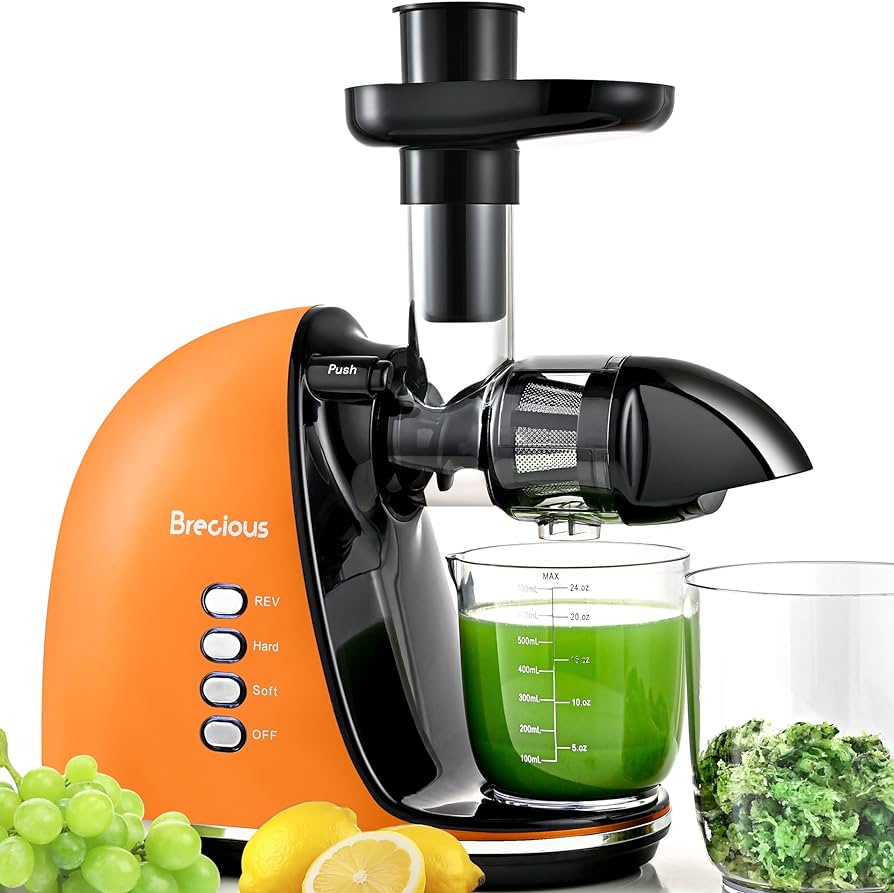
Performance and Efficiency:
What Are the Differences in Terms of Performance and Efficiency?
Performance and efficiency are key considerations for getting the most out of your juicer.
Cold Press Juicers:
Speed: Cold press juicers operate at a slower speed (usually between 40-80 RPM), which is instrumental in preserving nutrients but can result in longer juicing times.
Ease of Use: These juicers often have a straightforward assembly process and come with multiple attachments for various tasks. However, the cleaning process can be more intensive due to the multiple components.
Noise Levels: Cold press juicers are relatively quiet compared to centrifugal juicers, making them suitable for use at any time of day without causing disruption.
Masticating Juicers:
Speed: Masticating juicers also operate at low speeds (typically around 80-100 RPM), balancing efficiency and nutrient preservation. They are faster than cold press juicers but slower than centrifugal juicers.
Ease of Use: Masticating juicers are generally user-friendly, with simple assembly and disassembly. Cleaning is relatively easy, though some models may have more intricate parts that require careful scrubbing.
Noise Levels: These juicers produce minimal noise during operation, making them ideal for households where noise can be an issue.
Suitability for Different Ingredients:
How Do These Juicers Handle Various Types of Produce?
The ability to handle different types of produce can influence your juicer choice based on your dietary preferences.
Cold Press Juicers:
Leafy Greens: Cold press juicers excel at juicing leafy greens such as spinach, kale, and wheatgrass. The slow pressing mechanism effectively extracts juice from these fibrous vegetables.
Soft Fruits: These juicers can handle soft fruits like berries, peaches, and tomatoes, producing smooth, pulp-free juice.
Hard Vegetables: Cold press juicers are also effective with hard vegetables like carrots, beets, and celery. The powerful pressing action ensures maximum juice extraction.
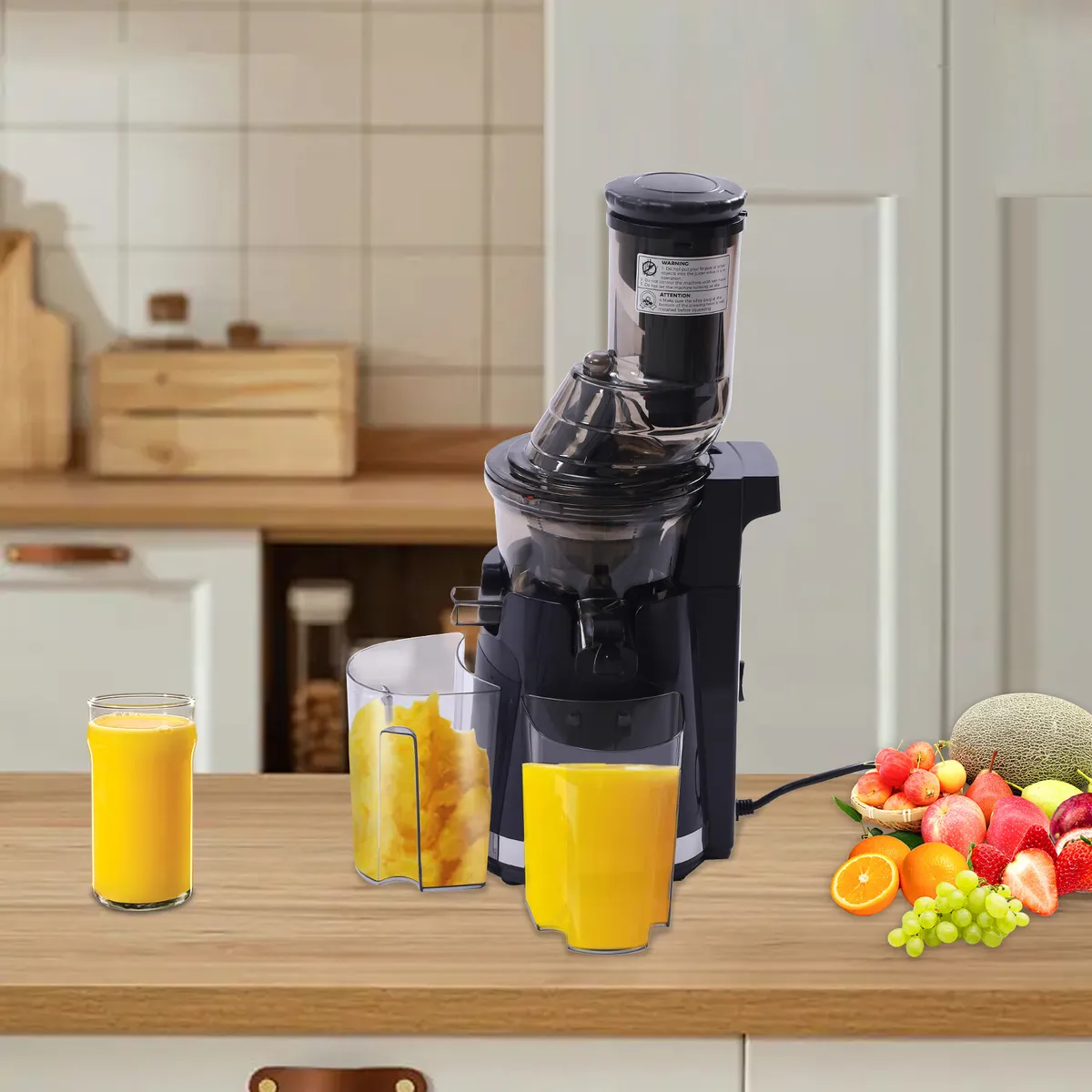
Masticating Juicers:
Leafy Greens: Masticating juicers are particularly adept at juicing leafy greens due to their chewing mechanism. They extract high yields and retain the nutritional benefits of these vegetables.
Soft Fruits: They perform well with soft fruits, ensuring a smooth consistency without excessive foaming or separation.
Hard Vegetables: Masticating juicers handle hard vegetables efficiently, breaking down the tough fibers and extracting a high juice yield.
Maintenance and Durability:
What Should You Consider Regarding Maintenance and Durability?
Maintenance and durability are crucial for ensuring your juicer lasts and continues to perform well.
Cold Press Juicers:
Maintenance: Cold press juicers require regular cleaning to maintain performance and hygiene. Disassembly and thorough washing of parts are necessary after each use. Some parts may be dishwasher-safe, but check the manufacturer’s instructions.
Durability: These juicers are generally built robustly, with durable components designed to withstand frequent use. Ensuring regular maintenance can extend their lifespan significantly.
Warranty: Cold press juicers often come with generous warranties, sometimes extending up to 10 years. This reflects their high quality and durability.
Masticating Juicers:
Maintenance: Like cold press juicers, masticating juicers require regular cleaning. The assembly is typically straightforward, and many models feature easy-to-clean components. Some parts may be dishwasher-safe.
Durability: Masticating juicers are known for their durability, often built with high-quality materials designed to last. Regular maintenance is essential for ensuring their longevity.
Warranty: Many masticating juicers come with extended warranties, reflecting their durability and reliability. Warranties can range from 5 to 15 years, depending on the brand and model.
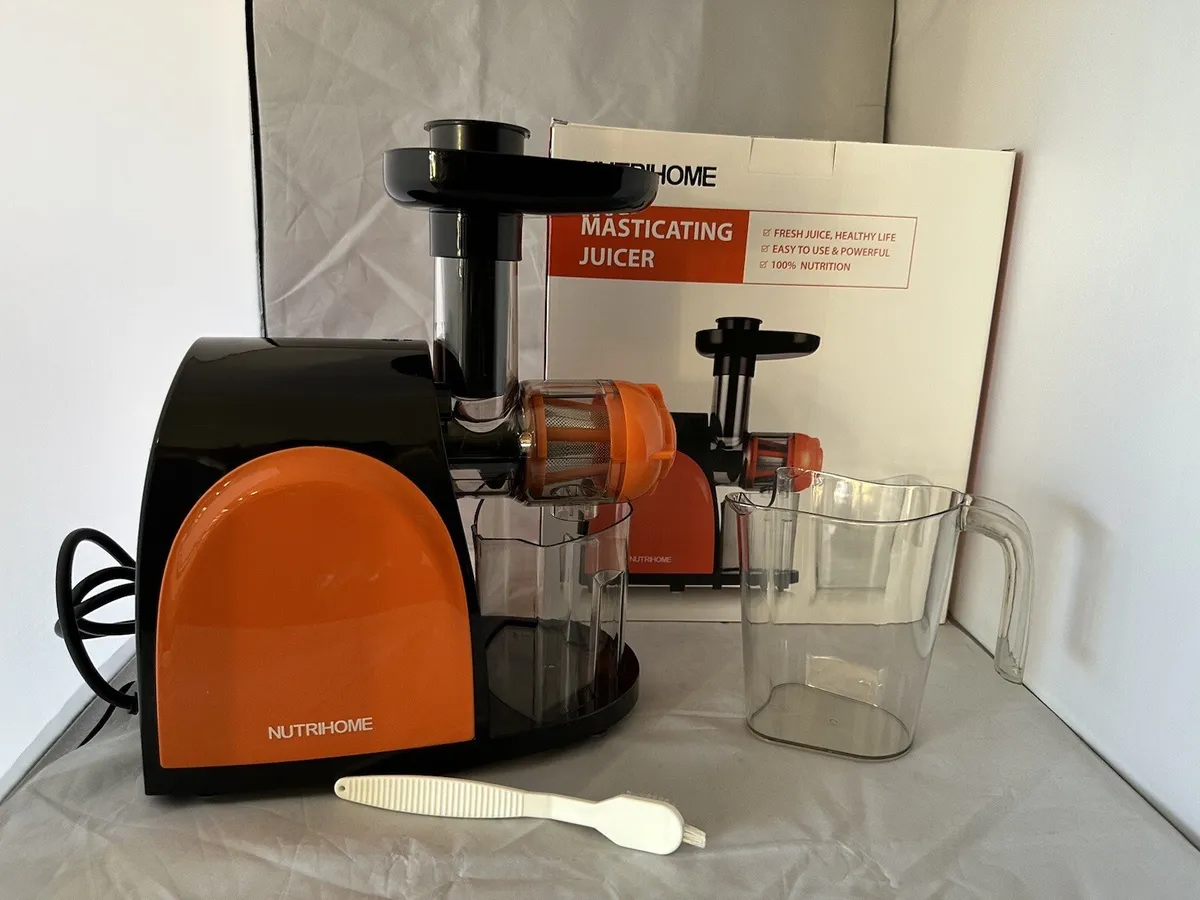
Cost Considerations:
How Do the Costs Compare and What Should You Expect?
Cost is a significant factor when choosing between a cold press and a masticating juicer.
Cold Press Juicers:
Initial Investment: Cold press juicers typically have a higher upfront cost compared to centrifugal juicers. Prices can range from $200 to $500, depending on the brand, features, and build quality.
Long-Term Value: The higher juice yield and nutrient preservation can provide long-term value, particularly for those committed to regular juicing. Lower waste and longer-lasting juice contribute to cost savings over time.
Masticating Juicers:
Initial Investment: Masticating juicers are generally priced in the mid to higher range, similar to cold press juicers. Prices typically range from $150 to $400, varying by features and quality.
Long-Term Value: Masticating juicers also offer long-term value through high juice yields and nutrient preservation. Their versatility in handling various produce types adds to their cost-efficiency over time.
Conclusion
Choosing between a cold press and a masticating juicer involves understanding their differences, benefits, and potential drawbacks. Both types excel at preserving nutrients, producing high-quality juice, and handling a variety of produce. Your choice will depend on your specific needs, budget, and preferences for ease of use and maintenance. By considering these factors, you can select the juicer that best fits your lifestyle and enhances your juicing experience.
